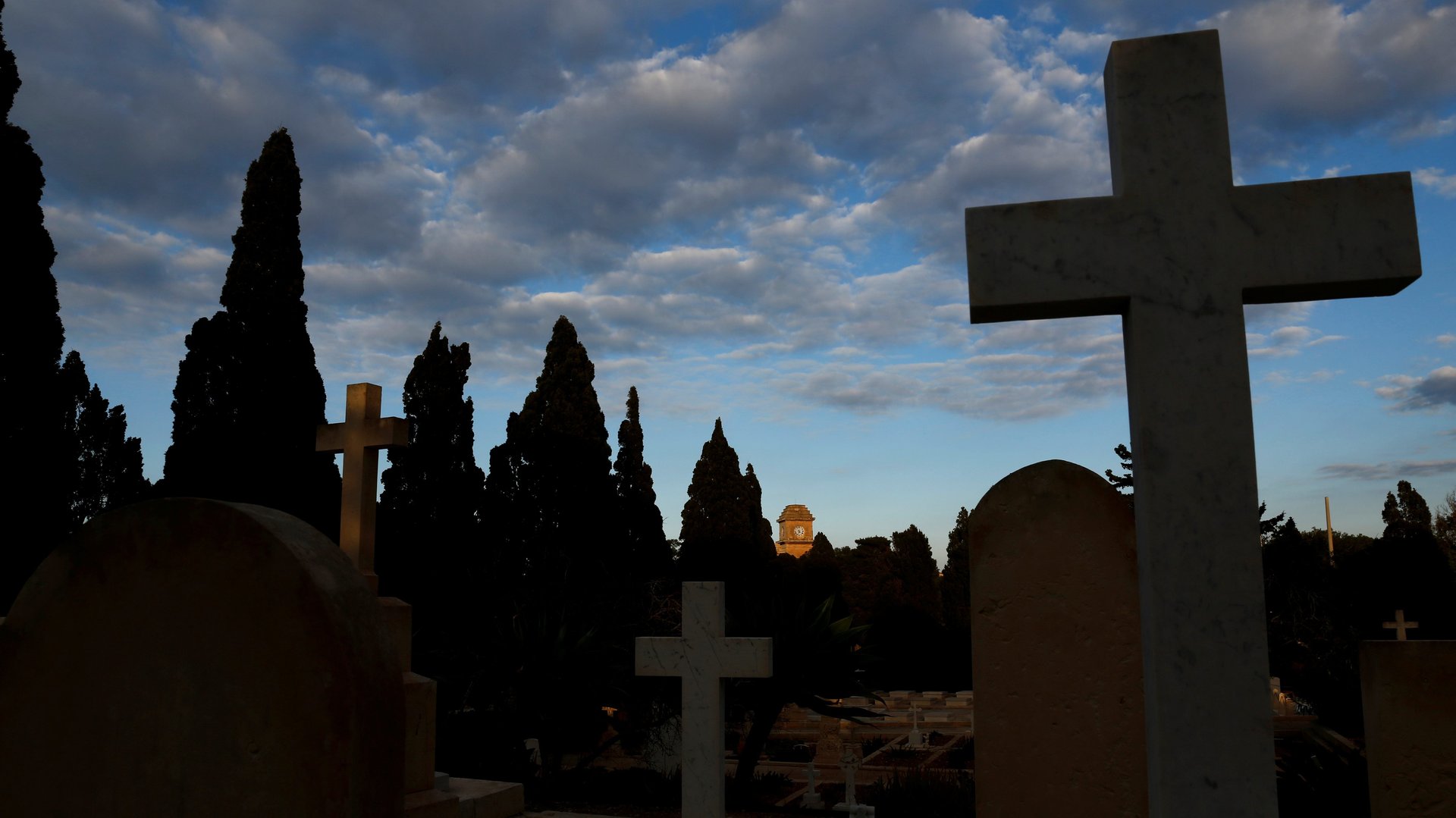Everyone got the Dutch euthanasia story wrong
Media around the world reported a tragic story this week: Noa Pothoven, a 17-year-old Dutch girl living with crippling depression, had terminated her life through euthanasia.


Media around the world reported a tragic story this week: Noa Pothoven, a 17-year-old Dutch girl living with crippling depression, had terminated her life through euthanasia.
It was a shocking story. First, euthanasia is illegal in most of the world. Second, it gets to a complex dilemma, one that ultimately deals with how we understand mental health—Can depression or anxiety be terminal illnesses? And finally, it raises the question of whether or not a minor should be granted euthanasia.
But while all these questions are relevant to Pothoven’s case, the reports got the facts wrong. Pothoven did not actually die of euthanasia.
After years of living with crippling depression, post-traumatic stress disorder, and anorexia linked to childhood rape and abuse, last year Pothoven, then 16, requested euthanasia from a clinic in the Netherlands, which refused to grant it.
Pothoven detailed her struggle in a memoir, Winnen of Leren (Win or Learn). The book shed a light on the lack of psychological help and mental health facilities available for children and teenagers in the Netherlands.
The clinic detailed the conditions under which it accepts requests for assisted deaths. They include unbearable suffering that has no solution, a clear understanding of the consequence of the choice on the patient’s part, and the approval of an independent doctor, who does not know the patient.
The teenager had applied without the knowledge or consent of her parents (which the law requires for euthanasia requests from minors aged 12 to 16, the earliest assisted death is granted in the country). So the clinic rejected the request.
“They think I’m too young to die. They think I should complete the trauma treatment and that my brain must first be fully grown. That lasts until you are 21,” Pothoven told Dutch newspaper De Gelderlander. “I’m devastated because I can’t wait that long anymore.”
Last Sunday (Jun. 2), Pothoven died. Her sister confirmed that the death happened at home, in a hospital bed set up in her home’s living room. But it was not euthanasia, as most of the media reported. She let herself die after refusing medication. She also stopped eating and drinking.
Pothoven herself had announced her decision on Instagram (the post has since been deleted) a few days before her death, saying that after many conversations she had finally decided to seek death: “I have not really been alive for so long, I survive, and not even that. I breathe but no longer live.”
Although the death happened with the cooperation of her family, as well as the knowledge of the authorities (a member of parliament visited Pothoven the day before she died), her death does not qualify as a case of euthanasia. She was not force fed. And she was not kept alive against her will. But that is not the same as actively terminating her life, or helping her do so.
If you or someone you know is in a crisis and is thinking about suicide, call the toll-free National Suicide Prevention Lifeline (NSPL) at 1-800-273-TALK (8255), 24 hours a day, 7 days a week.